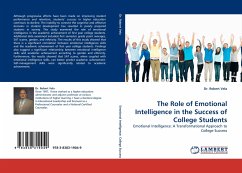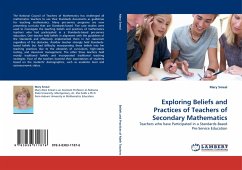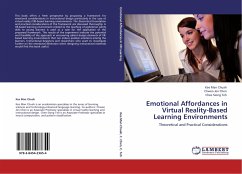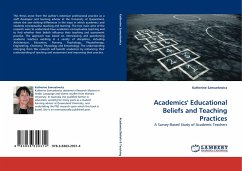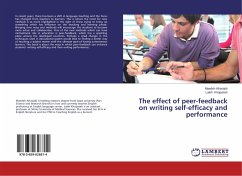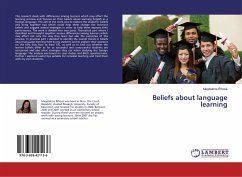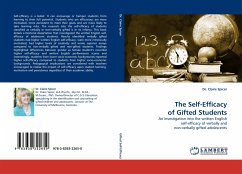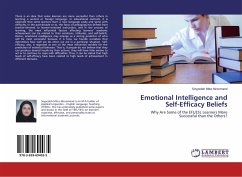
Emotional Intelligence and Self-Efficacy Beliefs
Why Are Some of the EFL/ESL Learners More Successful than the Others?
Versandkostenfrei!
Versandfertig in 6-10 Tagen
27,99 €
inkl. MwSt.

PAYBACK Punkte
14 °P sammeln!
There is an idea that some learners are more successful than others in learning a second or foreign language. In educational contexts, it is observed that some learners learn a new language easily and some with difficulty. In the past decade or so, the focus of pedagogy has shifted from teacher-directed to learner-oriented instruction, and in the process of learning, the most influential factors affecting learners' academic achievement can be related to their emotions, attitudes, and self-beliefs. Hence, emotional intelligence may emerge as a strong predictor of who will be most successful bec...
There is an idea that some learners are more successful than others in learning a second or foreign language. In educational contexts, it is observed that some learners learn a new language easily and some with difficulty. In the past decade or so, the focus of pedagogy has shifted from teacher-directed to learner-oriented instruction, and in the process of learning, the most influential factors affecting learners' academic achievement can be related to their emotions, attitudes, and self-beliefs. Hence, emotional intelligence may emerge as a strong predictor of who will be most successful because it is how we handle ourselves that determines how well we do when we are in a particular situation. Self-efficacy, also, is regarded as one of the most influential variable for the prediction of individual behavior. That is, if people do not believe that they can produce desired results by their actions, they will have little motive to act or to continue to cope with difficulties. Thus,it can be stated that high levels of self-efficacy have been related to high levels of achievement in different domains.




